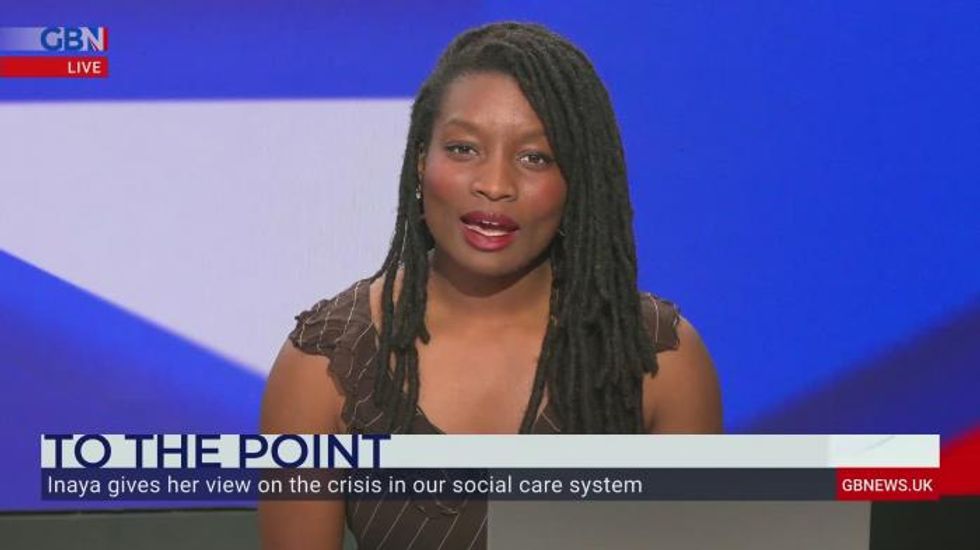Should young people of working-age be paying for something they are significantly less likely to use?
Don't Miss
Most Read
Trending on GB News
We all recognise that we have a crisis in our social care system. And societies should be judged on how they treat their most vulnerable.
According to Age UK, our social care system is underfunded, a postcode lottery and is simply not meeting the needs of those who need it.Local authorities do provide some adult social care. But, in England, if you have savings and assets of more than £23,250, you pay for everything.
Since 2010, councils in England have had the money they receive from central government cut by nearly half, as part of the government’s austerity measures.1.5 million people aged 65+ don't receive the care and support they need with essential living activities.
A 2017 report by the Competitions and Markets Authority estimated that on average self-funders paid £44,000 a year for a care home place.The NHS warned before the pandemic that it was 100,000 staff short in the health and social care workforce. This problem has only exacerbated under the coronavirus pandemic.
Successive governments have tried and so far failed, to resolve this challenging and growing issue.Prime Minister Boris Johnson has pledged to end the 'catastrophic costs' of social care. But, his grand idea to resolve it - hiking up taxes on working-age people - breaking his 2019 election manifesto promise to not increase national insurance contributions.
Number 10 is said to be in favour of a 1% rise, but the Treasury is reportedly pushing for 1.25%. The health secretary Sajid Javid calls for a 2% rise in national insurance to fund social care.This will see ordinary people paying on average, hundreds of pounds extra in tax each year.But, this is already causing big rifts.
Writing in The Daily Telegraph, Jeremy Hunt, the former Tory health secretary who now chairs the Commons Health and Social Care Committee stated: "A rise in income tax feels very unconservative after the progress in reducing it during the 1980s, and national insurance disproportionately targets the young."
The Labour leader, Keir Starmer, has ruled out supporting an increase in National Insurance contributions to fund the social care crisis.
There is no dispute about the problem but there are big questions about the solution. Is this particular policy fair and sustainable?We have an aging population, so this cost is only going to get more expensive and therefore, a smaller proportion of the population will be paying for a growing proportion of the population.
Should young people of working-age be paying for something they are significantly less likely to use (as pension age people do not generally pay National Insurance contributions)? Is there a guarantee that the money raised is going to be spent on this particular issue? Rather than a tax on employment, have we considered a tax on earnings, be that earnings from pensions and rental income too?
This issue must be addressed but there are big questions as to whether increasing the tax burden on a generation that is already locked out of the housing ladder, experiencing greater low-paid and precarious employment, is this really the type of policy that will bring about the intergenerational solidarity that we so desperately need right now.








